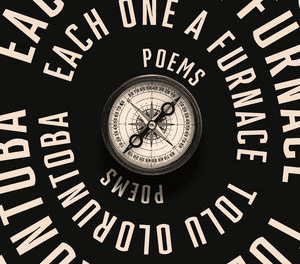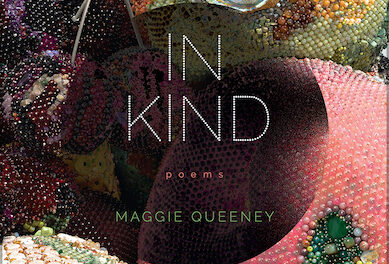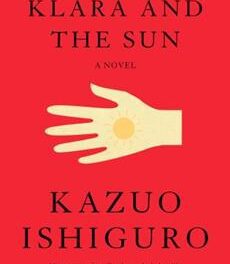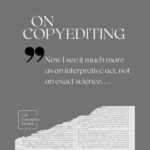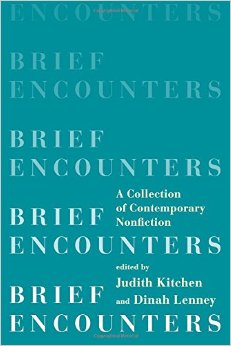 Suzie Vander Vorste: Brief Encounters: A Collection of Contemporary Nonfiction is my current reading companion, and it’s a great one—full of brilliant short creative-nonfiction essays. It’s easy to flip this book open and land on a piece that enlarges one’s understanding of the art of story-telling, the act of self-reflection, and of the different perspectives on what it means to be human. One essay in particular, “Winter Journal: The First Three Pages,” reminds us how something elemental to the human condition can surge through a piece of writing, compelling us to think about what it’s like to live our lives in our bodies.
Suzie Vander Vorste: Brief Encounters: A Collection of Contemporary Nonfiction is my current reading companion, and it’s a great one—full of brilliant short creative-nonfiction essays. It’s easy to flip this book open and land on a piece that enlarges one’s understanding of the art of story-telling, the act of self-reflection, and of the different perspectives on what it means to be human. One essay in particular, “Winter Journal: The First Three Pages,” reminds us how something elemental to the human condition can surge through a piece of writing, compelling us to think about what it’s like to live our lives in our bodies.
As you read about Paul Auster’s childhood sensations of cold air felt through a window frame, the tenderness in which he describes the scene may draw you back to the day when, at age six, you tried to sweep up snow with a broom while helping your mother clear the driveway. It may take you back to pulling icy clumps off your mittens while playing outside, or walking to school with numb toes inside heavy winter boots.
Although his essay in some ways evokes a painful desire to turn back the clock, Auster’s work also considers the inevitability of aging, recognizing both that our time does run out, and that a person only has one body to live in. In “Winter Journal,” Auster tells his body’s story, presenting a fragmented narrative that reflects how life itself is a series of sensations and that emphasizes the ways our sense of self is bound to the physical as much as it is to memory. For Auster, the bodily pleasures and pains of life, past and present, are bound together from the beginning. His ability to convey this interplay over the course of a person’s life is remarkable.
 Auster reminds us that there are moments we each experience that are unique to our bodies and our selves, moments that allow the reader to disentangle what it means to have lived one’s own life compared to the lives of others.
Auster reminds us that there are moments we each experience that are unique to our bodies and our selves, moments that allow the reader to disentangle what it means to have lived one’s own life compared to the lives of others.
Although “Winter Journal: The First Three Pages” is brief, Auster digs deep into the sensations of living in his body to reconcile who he is at the age he is—and all while his title quietly insists there is still more life, and writing, to be had.



